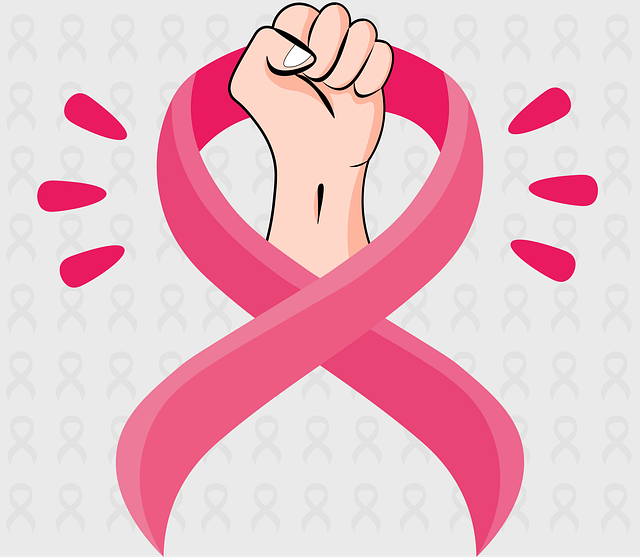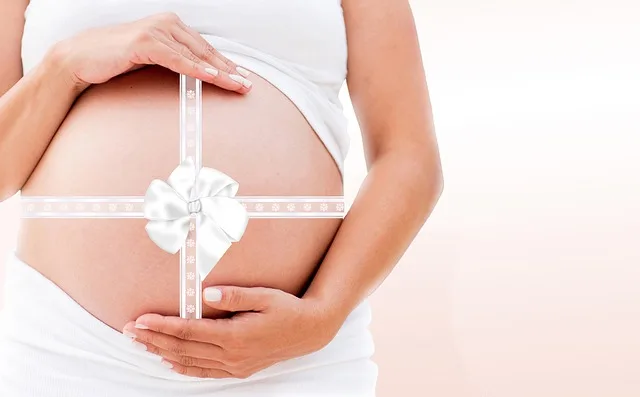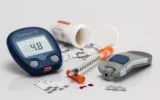Eating for two is a phrase used to describe the extra nutritional requirements for pregnant women. Many women are not aware that their nutritional needs change during pregnancy and may not know how to properly provide the nutrients needed for their baby to grow and develop. A pregnancy diet plan can help ensure that both the mother and baby are getting the nutrients they need for a healthy pregnancy.
The most important nutrient for pregnant women is folate, a B vitamin that helps prevent birth defects. The recommended amount of folate for pregnant women is 600 micrograms per day, which is twice the amount recommended for non-pregnant women. Good sources of folate include dark green leafy vegetables, oranges, and legumes. Women should also take a daily prenatal vitamin supplement to ensure they are getting enough of this essential nutrient.
Protein is another important nutrient for pregnant women. Protein helps build and repair tissues and cells, including those of the placenta and baby. It is important to get enough protein during pregnancy to ensure the baby’s growth and development. Good sources of protein include lean meats, fish, eggs, beans, and nuts.
Calcium is another essential nutrient for pregnant women. Calcium helps build strong bones and teeth for the baby. The recommended amount of calcium for pregnant women is 1,000 milligrams per day. Good sources of calcium include dairy products, dark green leafy vegetables, and some fish.
Iron is an important mineral that helps the body produce hemoglobin, which carries oxygen to the baby. Iron also helps prevent anemia during pregnancy. The recommended amount of iron for pregnant women is 27 milligrams per day. Good sources of iron include lean red meats, fish, lentils, beans, and enriched cereals.
Vitamin D is important for pregnant women, as it helps the body absorb calcium and promotes the baby’s bone growth. The recommended amount of vitamin D for pregnant women is 600 IU per day. Good sources of vitamin D include fortified dairy products, eggs, and fatty fish.
Omega-3 fatty acids are important for both the mother and baby. Omega-3 fatty acids help promote the baby’s brain and eye development. The recommended amount of omega-3 fatty acids for pregnant women is 300 milligrams per day. Good sources of omega-3 fatty acids include fatty fish, such as salmon, and flaxseed oil.
It is important to eat a balanced and varied diet during pregnancy to ensure the baby is getting all the nutrients they need. Pregnant women should also talk to their doctor before taking any dietary supplements to ensure they are safe. Eating a healthy diet during pregnancy can help ensure the baby has a healthy start in life.









